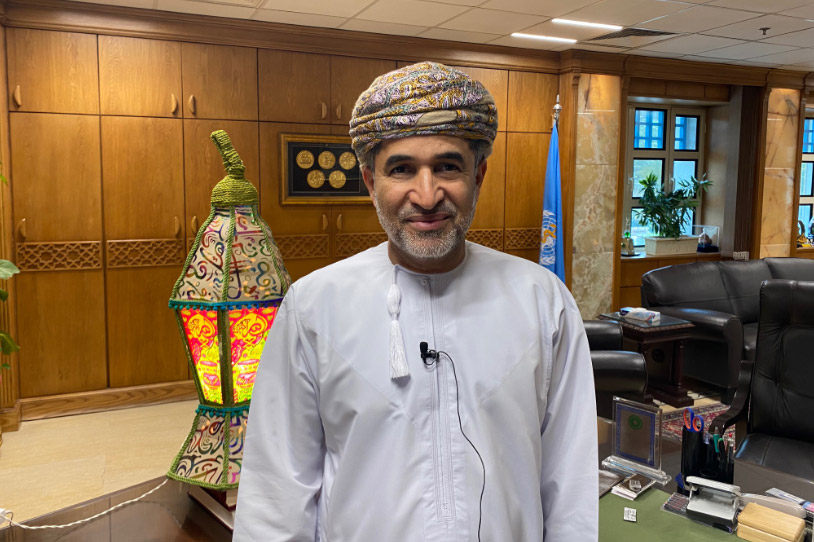
22 April 2020
Dear family, friends and colleagues in the Eastern Mediterranean Region and around the world.
This weekend, around a billion and a half Muslims worldwide will welcome the start of the holy month of Ramadan. While the social and religious traditions associated with this month are well established, the global pandemic currently affecting us all is unique and unprecedented.
This month, we will be celebrating old traditions in a new world, requiring us all to make changes and compromises for the sake of our health and the health of our communities and loved ones.
To protect their populations, countries across the world are implementing measures to limit mass gatherings and other social events based on their risk assessment of the situation on the ground. These measures are necessary to break the chains of transmission and prevent more people from getting infected. For people with pre-existing medical conditions who are at higher risk, these protective measures are critical and can be lifesaving.
Some countries are beginning to lift restrictive measures, and while this may be welcomed by the community, we emphasize that easing restrictions is not the end of the epidemic in any country. While many people have contracted COVID-19, an even larger number of our population in the Region remain susceptible and the virus may spread again quickly if social distancing measures are reversed too soon.
We know that COVID-19 spreads fast, and we know that it is deadly. Country decisions on lifting restrictions must be based first and foremost on protecting human health, and guided by what we know about the virus and how it behaves. That means control measures can only be lifted if the right public health measures are in place.
In order to help countries make informed decisions, WHO has provided specific guidance on safe Ramadan practices in the context of COVID-19. This includes guidance on physical distancing measures that need to be taken during prayers, pilgrimages, communal meals, and other social or religious events. At the same time, it advises that healthy people should be able to fast this year as they have done in previous years, as there is no evidence that fasting increases risk of infection.
When breaking your fast, eat a variety of fresh, unprocessed foods and drink plenty of water to stay hydrated. Avoid tobacco use, which is not recommended even under normal circumstances. Frequent smokers may already have lung disease, or reduced lung capacity, which greatly increases the risk of serious COVID-19 illness.
This year, let Ramadan be a time for private reflection, prayer, and discovering new ways to help those in need. Instead of coming together for family gatherings, we can demonstrate our love for family and friends by encouraging them to stay safe at home while connecting with them by phone or videocalls. Instead of setting up iftar and sohour banquets for the poor, we can distribute packaged food that they can safely enjoy at home.
Let us also take advantage of our time alone to contemplate and pray for the safe recovery of those who are sick.
We are living through the first pandemic caused by a coronavirus and many of us have never before faced a public health event of such proportion, or that has required such restrictive measures to contain it. At the same time, we are seeing unprecedented levels of regional and global solidarity and positive action. This Ramadan, let us continue in this spirit by practising the key tenets of this holy month: prayer, reflection, ensuring our physical and mental well-being, causing no harm to others, and helping the poor.
These actions will not only allow us to enjoy the true spirit of Ramadan, but will also help us to play a critical role we all have as individuals and communities to contain this disease, and ensuring the health and well-being of all people, by all people.
Statement by WHO Regional Director Dr Ahmed Al-Mandhari on COVID-19
Related link
Safe Ramadan practices in the context of the COVID-19


